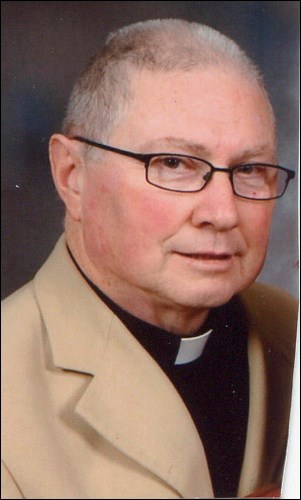Ed, my neighbour next door, feels there is no problem in stretching the truth so that it sounds a little more interesting than it might really be. He claims lengthening or shortening the truth isn't a sin - it is just harmless exaggeration or minimization for special effect. According to Ed, people aren't really interested in the naked truth but the truth dressed up so it is intriguing and whets one's curiosity. "Plain information gets no one's attention - this world turns on gossip sprinkled with a touch of slander," Ed claims.
"What if I stretched the truth when I was talking about you Ed? Wouldn't you be concerned?" I asked Ed.
"People wouldn't even notice. Whether it is the truth or a lie, people only hear what they want to believe and ignore the rest," Ed replied.
"Are you telling me that you wouldn't care if I exaggerated or stretched the truth about you?" I asked Ed. "Suppose I said you return things that you borrow a season late. If I lend you a hoe in the summer, I won't see it again until the winter when I will no longer need it. Wouldn't that upset you?" I insisted.
"Not likely," Ed answered. "Everyone knows I would never borrow a hoe from anybody, as I would never have a use for it. It would be as far-fetched as saying that I borrowed a mop, or a bottle of perfume. You can't stretch the truth so foolishly that everyone can tell it is a lie. A lie has to be convincing, not just plain silly sounding! You are aiming for a mighty thin line between the truth and a lie."
"It still seems wrong to me, but I suppose we have all tended to exaggerate a little to impress those listening to us. I guess like children we may be afraid to tell the truth at times for fear of the consequences. Yet surely the truth is too important to tinker with. It seems to me, if others suspect you play around with the truth they may doubt what you tell them and hear what you say with suspicion," I told Ed.
"So that is exactly the way I listen to others. I hear what they say with a healthy blend of doubt and suspicion," replied Ed. "Isn't that how everyone listens?" Ed asked.
"I tend not to doubt or be suspicious about what people tell me unless I have found they have stretched telling the truth on other occasions. Basically, I believe most people value the truth and have trouble lying," I told Ed.
"Boy, you are gullible," scoffed Ed.
"Maybe so," I replied, "but I refuse to believe that the majority of the people I talk to are liars."
In the Bible, there is a bold lie that shouts from the pages of scripture. Jacob lied to his father Isaac so his father would bless him as his first born son. Isaac, in his old age and approaching death, could not see and thus Jacob was able to lie to him. Isaac asked Jacob, "Are you really my son Esau?" Jacob replied, "I am." His lie did get Jacob his brother's blessing, but it also caused him to flee from his home, for Esau vowed to kill him. The Bible never covers up people's capacity for lying, but makes it clear that we are not to lie to each other or God. The gospels Matthew, Mark, Luke and John depict Jesus emphasizing his teachings with the words, "I tell you the truth." Surely we should do no less.




